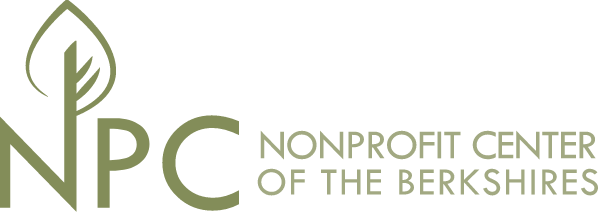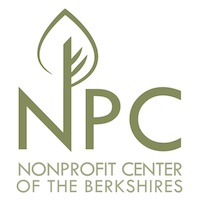24 Apr Local legislators advise Berkshire nonprofits to band together to weather virus storm
Local legislators advise Berkshire nonprofits to band together to weather virus storm
Members of the Berkshire legislative delegation are encouraging nonprofit organizations to work together as money for their operations dries up during the coronavirus pandemic.
On Friday, the Nonprofit Center of the Berkshires convened leaders representing about 70 Berkshire organizations with all the members of the local legislative delegation through an hourlong virtual town hall focused on COVID-19 relief efforts in relation to the nonprofit sector.
According to the center’s 2019 annual report, Berkshire County is home to more than 1,000 nonprofit organizations; 75 percent of them operate with an annual revenue of less than $250,000.
Meeting outcomes and next steps will be posted on the organization’s website, npcberkshires.org. Watch a recording of the followup meeting held on May 15, 2020 at this link.

The delegates encouraged the nonprofits to work together to help engage volunteers and supporters to meet the rising needs.
“I think all of us on a daily basis are just simply shaking our heads at where we’ve found ourselves,” Hinds said. “And so this delegation in front of you has been working right from the start on just about every issue that you’re all working on, if I can be so bold. I mean it’s literally been health care mitigation to how our schools are acting and services locally and working on funding and adjusting regulations.”
Hinds, D-Pittsfield, who chairs the Joint Committee on Revenue, said experts project the fiscal 2021 budget to include a revenue decline of $4 billion to $5 billion, putting community safety nets in jeopardy.
The House and Senate on Friday sent bills to Gov. Charlie Baker’s desk requesting a moratorium on evictions and foreclosures, and liability protections for health care workers and facilities during this state of emergency. Pignatelli and Barrett co-sponsored petitions for various relief funds, specifically for residents facing financial hardship, for food service and hospitality workers, and for nonprofit cultural organizations.
Pignatelli, D-Lenox, encouraged individuals in the latter sector to apply for Massachusetts Cultural Council relief money before the April 22 deadline.
In addition to triaging for immediate needs, the legislators said planning long-term solutions to fix the preexisting breaks and fractures in public support systems is paramount for residents and the economy to successfully rebound.
Mark, who called in while sitting in his car at home in Peru, noted that he couldn’t connect via live video because he, like dozens of other Berkshire residents living in more remote towns, lacks adequate broadband access.

“How many nonprofits out there are inadequately funded at all times?” Mark asked. “We can’t forget how we got there, how easy it was for the rug to be ripped out from underneath us, and people need to act and organize accordingly afterwards.”
Said Farley-Bouvier, D-Pittsfield: “An essential worker is a CNA who makes $12.50 an hour. An essential worker is someone who stocks grocery shelves and checking people out, but they are some of the most low-paid workers. The fact that we have people who are laid off who weren’t essential workers but were low paid, and they are making more now by being unemployed, I just think is an example of how upside down our system is.”
Originally published in The Berkshire Eagle on Friday, April 17, 2020.



